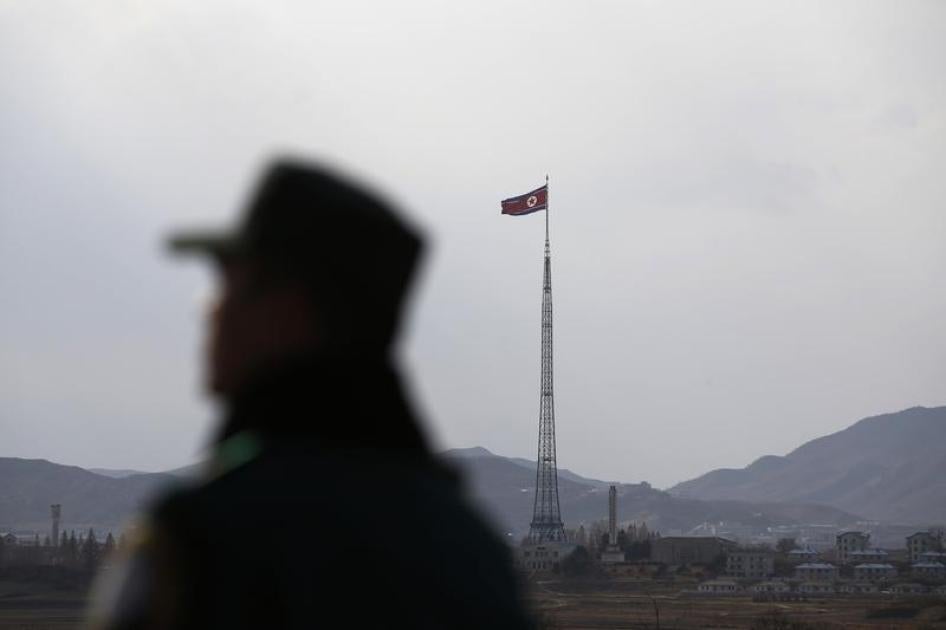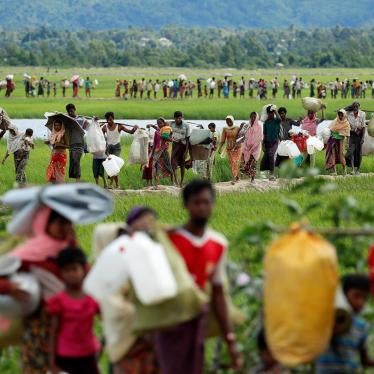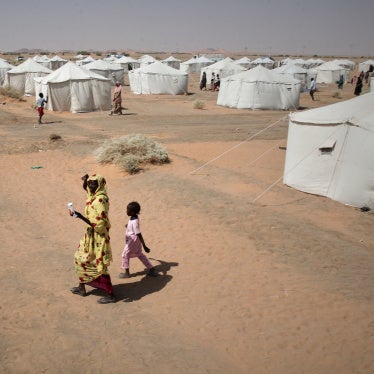The Senegalese justice minister, Sidiki Kaba, said yesterday in an interview that the Hague-based International Criminal Court (ICC) is facing a “crisis of confidence” on the African continent because of its sole focus on Africa to date. As president of the ICC’s group of 123 member states – of which African countries make up the largest regional bloc – Kaba has made improving the ICC’s relationship with Africa a core part of his work.
This longstanding criticism fails to acknowledge the ICC’s role in standing up for countless African victims who have faced unspeakable suffering at the hands of their leaders. Some African political leaders have tried to fend off justice for these victims by depicting the court as a neo-colonialist tool.
At the same time, international justice has indeed been applied unevenly. Powerful countries and their allies have managed to shield themselves from accountability for serious crimes, in part by refusing to join the ICC. And the United Nations Security Council plays a role by determining which situations to refer to the ICC when serious crimes are committed in countries that are not ICC members.
Kaba’s efforts to challenge the anti-ICC narrative on the African continent, notably with the African Union, are much-needed and helpful. But Senegal can do more to extend the reach of justice.
Later this month, the UN General Assembly will vote on a resolution condemning human rights abuses in North Korea and urging the Security Council to consider referring the situation to the ICC. A UN-mandated commission of inquiry found that the gravity, nature, and scale of crimes against humanity in North Korea reveal a state “that does not have any parallel in the contemporary world.” Senegal has abstained on the resolution in years past. Now is the time to vote yes.
Senegal’s voice on the international stage will be even louder when it joins the Security Council next year. On the council, Senegal should help forge a path to justice for North Korean victims, and show that Africa stands with victims of grave abuses, no matter where they are committed.










